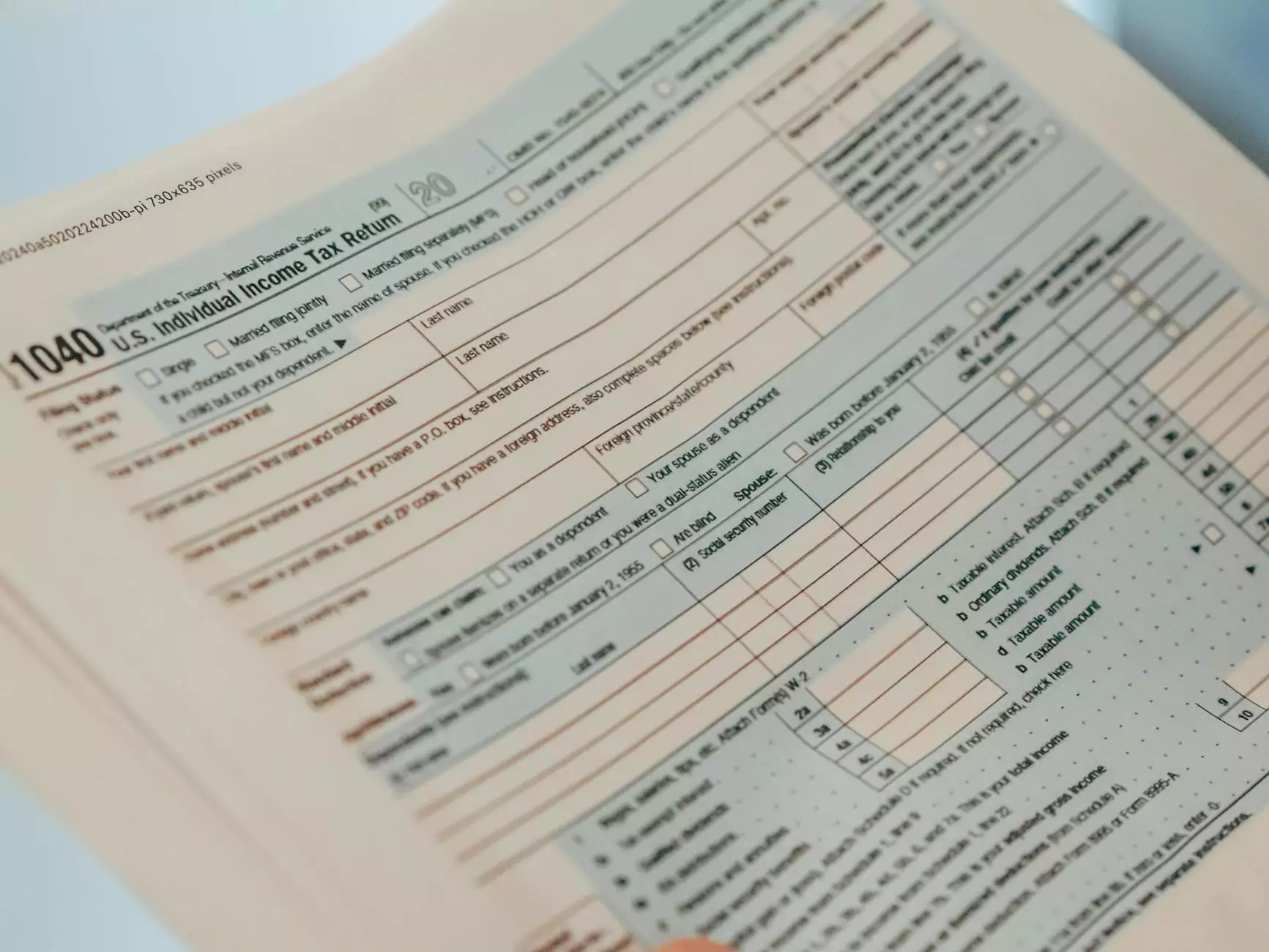Ensuring Data Privacy Compliance: A Comprehensive Guide for Businesses

Data privacy compliance is no longer just a buzzword in today's digital landscape; it is a crucial aspect of how businesses operate. With the exponential growth of data generation and use, ensuring compliance with data privacy regulations has become essential for companies of all sizes. In this article, we will delve into what data privacy compliance entails, its significance, key regulations, challenges faced by businesses, and best practices for achieving and maintaining compliance.
What is Data Privacy Compliance?
Data privacy compliance refers to the adherence to laws and regulations that govern the collection, usage, storage, and sharing of personal data. It involves implementing practices that protect individual privacy and ensure that businesses handle data responsibly. Compliance not only protects customers' information but also builds trust and confidence in your brand.
Why is Data Privacy Compliance Important?
Understanding the importance of data privacy compliance can help businesses prioritize their data handling measures. Here are several reasons underscoring its significance:
- Legal Obligations: Many jurisdictions have enacted stringent laws governing data privacy. Non-compliance can result in hefty fines and legal repercussions.
- Customer Trust: With rising awareness about data breaches and privacy issues, customers are increasingly wary of how their data is handled. Compliance enhances trust and loyalty.
- Competitive Advantage: Businesses that prioritize data privacy compliance can distinguish themselves in the marketplace, attracting privacy-conscious customers.
- Risk Mitigation: Adhering to data privacy regulations minimizes the risk of data breaches and the associated financial and reputational damage.
- Enhanced Security Posture: As organizations implement compliance measures, they often enhance overall data security, benefiting their operations.
Key Regulations Governing Data Privacy Compliance
Several regulations have been established worldwide to enforce data privacy compliance. Below are some of the most significant ones:
1. General Data Protection Regulation (GDPR)
The GDPR is a comprehensive EU regulation that governs data protection and privacy for individuals within the European Union. Key provisions include:
- Informed Consent: Organizations must obtain clear consent from individuals before processing their data.
- Right to Access: Individuals have the right to request access to their personal data held by businesses.
- Data Portability: Consumers can transfer their data from one service provider to another.
- Right to Be Forgotten: Individuals can request deletion of their data under specific circumstances.
2. California Consumer Privacy Act (CCPA)
The CCPA provides California residents with rights regarding their personal information. Key features include:
- Right to Know: Businesses must disclose the categories and specific pieces of personal information they collect.
- Right to Opt-Out: Consumers can opt-out of the sale of their personal data.
- Non-Discrimination: Businesses cannot discriminate against consumers for exercising their privacy rights.
3. Health Insurance Portability and Accountability Act (HIPAA)
HIPAA sets the standard for protecting sensitive patient data within the healthcare sector. Major points include:
- Protected Health Information (PHI): Requires safeguards for all forms of PHI.
- Patient Rights: Gives patients rights to access and request amendments to their health records.
Challenges Businesses Face in Achieving Compliance
While the significance of data privacy compliance is clear, organizations face several challenges, including:
- Complexity of Regulations: Navigating different laws and regulations across jurisdictions can be daunting.
- Data Management Practices: Many businesses struggle with inadequate data inventory and management, making compliance difficult.
- Resource Constraints: Small and medium-sized enterprises (SMEs) might lack the necessary resources or expertise to implement compliance measures effectively.
- Awareness and Training: Employees often lack adequate training regarding data privacy, leading to accidental breaches and non-compliance.
Best Practices for Achieving Data Privacy Compliance
To ensure robust data privacy compliance, businesses should adopt several best practices:
1. Conduct Regular Audits
Performing periodic audits of data handling and storage practices helps identify potential compliance gaps and areas for improvement.
2. Develop a Data Privacy Policy
A comprehensive data privacy policy informs stakeholders of how data is collected, used, and protected within your organization. It should be easily accessible and regularly updated.
3. Invest in Data Management Tools
Utilizing modern data management software can streamline data collection, storage, and processing while enhancing security. Tools such as data loss prevention (DLP) solutions or encryption software are essential.
4. Educate Employees
Training staff on data privacy regulations and best practices is vital. Regular workshops and training sessions can help cultivate a privacy-centric culture.
5. Implement Privacy by Design
Adopting a 'Privacy by Design' approach involves integrating data protection from the onset of projects and product development, ensuring compliance is built into your processes.
The Role of Technology in Data Privacy Compliance
As the technological landscape rapidly evolves, businesses must leverage advanced technologies to enhance their data privacy compliance efforts:
- Artificial Intelligence: AI can help automate data classification and retrieval, reducing the chances of human error.
- Blockchain: This technology offers secure data storage solutions and can provide transparency in data handling.
- Data Encryption: Encrypting sensitive data can protect it from unauthorized access and breaches.
- Cloud Security Solutions: Utilizing secure cloud service providers that prioritize compliance can be a significant advantage.
Monitoring and Improving Data Privacy Compliance
Once a business has achieved a level of data privacy compliance, the next step is to ensure ongoing monitoring and improvement. Here are ways to maintain compliance:
1. Establish a Compliance Team
Create a dedicated team responsible for data privacy compliance. They should continuously monitor regulations, train staff, and oversee audits.
2. Review Third-Party Vendors
Conduct due diligence on third-party vendors handling sensitive data. Ensure they comply with the same privacy standards you uphold.
3. Stay Updated on Regulatory Changes
Data privacy laws are constantly evolving. Subscribe to compliance updates, and adjust your policies accordingly to stay compliant.
Conclusion: The Future of Data Privacy Compliance
Data privacy compliance will continue to be a crucial focus for businesses as the importance of protecting personal data intensifies. The consequences of non-compliance are severe, including financial penalties and reputational damage. By adopting best practices, leveraging technology, and instilling a culture of privacy within their organizations, businesses can navigate the complexities of data privacy regulations successfully. Building and maintaining a strong framework for compliance not only protects individuals' information but also fortifies the organization against emerging threats in the ever-expanding digital landscape. As we move forward, the commitment to data privacy compliance will undoubtedly shape the future success and sustainability of businesses worldwide.



